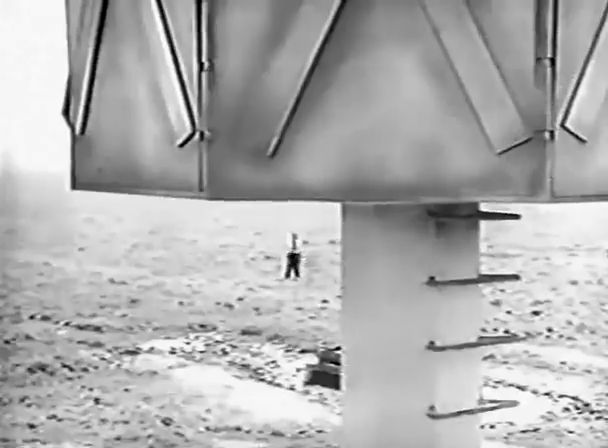Unchained

Self-government (cf. Post’s Magnum Force, “a man’s got to know his limitations”),
the basis of American liberty, “a republic, if you can keep it,” or
else the motto is Auden’s “in the prison of his days / teach the
free man how to praise,” in any event from Boys’ Town (dir. Norman Taurog, cf. Seiler’s Crime
School, Rosenberg’s Brubaker),
the basis of liberty itself. A critical analysis of Dassin’s Brute Force on what constitutes
punishment and what prevents rehabilitation, cf. Lumet’s The Hill.
Two pivotal themes from Capra, escape (It’s
a Wonderful Life) and recuperation (Meet
John Doe), cf. Vidor’s Our Daily Bread and Ford’s The Grapes of Wrath (John Qualen in both). Pinter’s The Caretaker (dir. Clive Donner) has “that shed out in the
garden.”
Scudder’s honor farm at Chino (he is played by Boston
Blackie, Chester Morris, cf.
Castle’s The Chance of a Lifetime).
Siodmak advances the argument of the last shot in Escape from East Berlin (cf.
Kaufman’s Convicts 4, a raid on
the inarticulate).
H.H.T. of the New York Times, “remains interesting rather
than gripping.” Leonard Maltin, “fair
drama”. TV Guide, “the
facts... are more interesting than the film itself.” Halliwell’s Film Guide, “reaches no great heights.”
Drango
Reconstruction.
A very rare
masterpiece on the theme of a people blasted and starved and completely
hostile, the title character is the major assigned as military governor.
Henry
King’s I’d Climb the Highest
Mountain is very close on the poverty of the place, John Guillermin’s
El Condor varies the sudden
conclusion ever so slightly, the coda suggests in a Sherman man The Return of a Man Called Horse (dir.
Irvin Kershner).
Co-directed
with Jules Bricken.
“Does
not come off,” thus Halliwell’s
Film Guide expresses its mind.
Zero Hour!
A hangdog fighter
pilot ten years after the war must assume the controls of an airliner in an
emergency.
Bartlett’s
great study of fear and memory in the broader command of civilian life also
figures in Eastwood’s Firefox.
The parody of Zucker-Abrahams-Zucker’s
Airplane! is based on the minutest analysis (Elroy “Crazylegs” Hirsch is the stricken pilot here).
All The Young Men
Marines up the
snow in Korea, defending a position.
It has to be defined, a black sergeant is in command.
He gives his
blood to help a dubious veteran, the point is made.
“All the
clichés”, to Bosley Crowther of the New York Times.
There is a debt
to Samuel Fuller well-repaid.
Sharp fighting
men, outnumbered, outmaneuvered and outgunned toward the end, awaiting a Marine
battalion.
Halliwell’s
astounding comment is “simple-minded, parsimoniously-budgeted war
melodrama.”
Alan Ladd, Sidney
Poitier, with Mort Sahl contributing a brilliant routine by way of analysis in
a foxhole.
The Caretakers

The
enactment of a neurosis in dramatic terms, from mental collapse through a
refracted analysis to resolution (per the drama, as a “day
hospital” replacing confinement in wards), cp. Unchained, of which this is the complement.
The basis of
Litvak’s the snake pit is
roundly acknowledged, the classical psychology there is further analyzed to a
fare-three-well.
TV Guide, “marred somewhat by an uneven
script.” Craig Butler (All Movie Guide) “high camp... a
horrible pain... rather well meaning... utter ineptness... glorious excursion
into the ludicrous... shamelessly out of control... must be seen to be
believed... a frightfully good time.” Hal Erickson (Rovi),
“a
gem of glorious excess... strives to avoid subtlety.” Halliwell’s Film Guide, “rather hysterical...
perversely entertaining.”